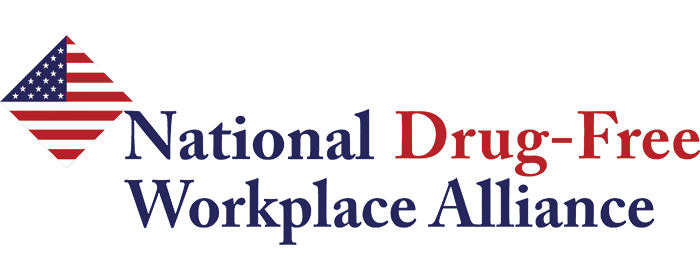Setting The Rules and Avoiding Risk
Parents must clearly state the rules against the use of drugs, alcohol or other substances such as tobacco. The rule can be simply stated such as, “I don’t want you to use any substance including drugs or alcohol, or be in a situation where drugs or alcohol are being used.” Every parent must find the right way and the right time to deliver the message, but it is clear that your children know when the message is not being given. Setting firm rules will help your kids chart a course through the influence of peer pressure, media messages and the lure of predators on the internet and in your neighborhoods.
- Identifying risk – Sometimes young people don’t recognize risky situations until it is too late. The ability to identify “red flags” early will help your teen avoid risk. Some examples are: being places without parents or “safe” adults in the vicinity, lying to parents about where they are going or who they are with, getting into a vehicle with anyone who is impaired, going to a “party,” being alone with any non-relative adult, etc.
- Avoiding risk – Encouraging confidence in the child’s personal conviction against the use of substances is important to help them avoid risky situations. Providing them with examples of avoidance language (e.g. “No thanks, that’s unhealthy for me.”) will also boost their confidence. In addition, employing the use of a code word or phrase to be utilized when the teen has found him or herself to be in a risky situation and in need of immediate transportation may be a lifeline when the child realizes he or she is in over their head (such as at a party where parental supervision was misrepresented – or at a teen gathering where drugs or alcohol are being used).
- Establish limits – Knowing ahead and discussing the limits of behavior with your kids will give them the boundaries they need to be successful.
- Follow through with consequences – Identifying potential consequences in advance of behavior infractions will allow you to rationally consider the ramifications while not enduring the immediate stress of your teen’s errant conduct.
Examples of Consequences Include:
- Restrict television and internet use
- Read and discuss information on the harmful effects of substance abuse
- Restrict activities outside of the home
- Restrict access to friends
- Perform community service
- Suspend telephone use





